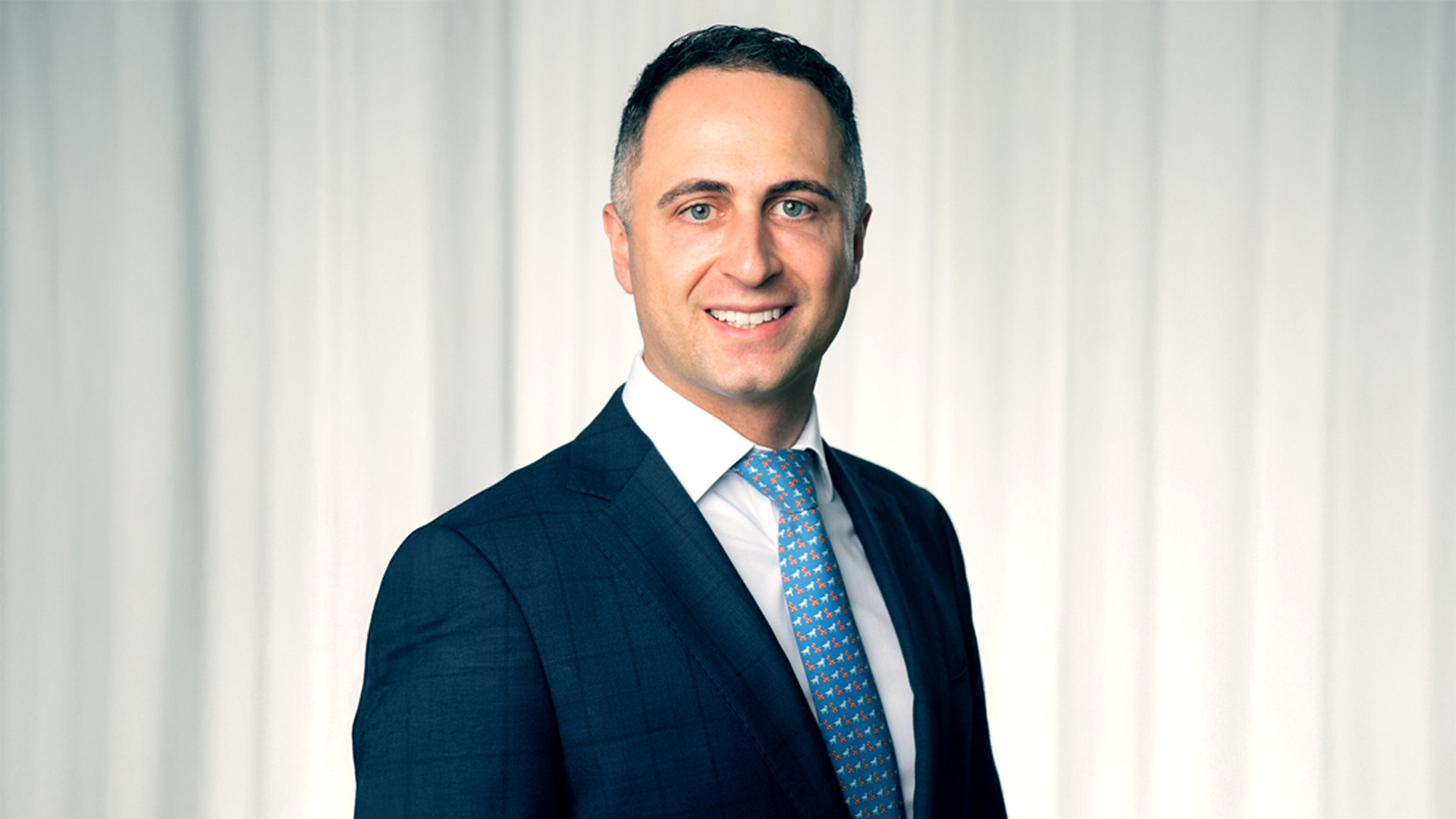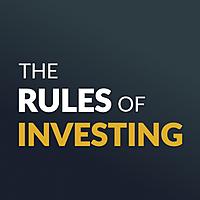Lessons from the ‘dark side’ of credit

MA Financial has built its reputation in the toughest corner of the corporate world - restructures. In the years after the GFC, it advised on some of Australia’s most complex and high-profile turnarounds, from Centro Properties and Alinta Energy to Slater & Gordon and Nine Entertainment.
Today, the firm manages over $12 billion and has grown into a major player in private lending. In this episode of The Rules of Investing, Livewire speaks with Frank Danieli, Head of Global Credit Solutions, about how MA Financial’s restructure heritage shapes its credit strategies, why uncertainty is a constant, and where he sees opportunities, including an unexpected one in car loans.
Click on the player below to listen or read on for a summary of the conversation.
From corporate rescues to a $12b credit powerhouse
MA Financial’s DNA was forged in the high-pressure world of corporate restructures. In the years following the global financial crisis, the firm established itself as a go-to adviser for complex and sensitive situations, working on some of Australia’s most high-profile turnarounds and workouts.
The list includes Centro Properties, the retail giant that collapsed under $5 billion of debt, Alinta Energy, which required one of the country’s largest debt-for-equity swaps, Slater & Gordon, the formerly ASX listed world’s first listed law firm which was restructured after its acquisition led strategy collapsed under a large amount of debt, and Nine Entertainment, whose $3.4 billion restructure was one of the most-watched deals of its time.
Frank Danieli, Head of Credit Investments and Lending, says those formative years were critical.
“When you work on restructures, you see companies and capital structures under stress. You learn what works, what doesn’t, and how important it is to protect your downside.”
These experiences weren’t just about rescuing companies, they were crash courses in risk, incentives, and the hard realities of capital structures under pressure.
Dubbed a mini-Macquarie
While corporate advice remains an important part of the business, MA Financial has transformed. Today, the firm manages over $12 billion in assets and has a market capitalisation of around $1.5 billion. Asset management is now its largest division, with private lending - spanning real estate credit, corporate lending, and specialty finance - a major growth driver.
Frank is quick to connect the dots between MA Financial’s origins and its credit business today.
“Our restructuring heritage taught us to think in terms of scenarios and outcomes. That perspective shapes how we assess every loan, we ask what can go wrong, how we protect against it, and what we do if it happens.”
He adds that many lenders in the market haven’t had to operate in truly stressed environments.
“We’ve seen the movie play out. We know how important it is to structure deals so that, even in a bad scenario, you’re still getting your money back.”
Rethinking uncertainty
A recurring theme in the conversation was investor psychology. Frank believes many investors make the mistake of thinking uncertainty is variable, that it rises and falls depending on the headlines or the economic cycle.
“Uncertainty is always there. It’s just that sometimes people feel it more. Our job isn’t to pretend we can remove it, but to design investments where the outcomes are as certain as possible.”
To illustrate, he goes back to 2008.
“In the GFC, people talked about ‘uncertainty’ like it had suddenly appeared. The reality is, the risks were always there, it’s just that the calm before the storm made them invisible to most investors. When the tide went out, those who had structured their investments with genuine downside protection survived. Those who hadn’t were wiped out.”
Frank says that mindset, accepting that uncertainty is permanent, is embedded in MA Financial’s investment process today. It is why they focus on security, covenants, and alignment rather than trying to predict macro conditions with precision.
Principles for investing with certainty
Frank outlined several principles MA Financial applies across its lending strategies:
- Security first – loans are structured with asset-backed security and strong covenants.
- Downside focus – analysis starts with the worst-case scenario, not just the upside.
- Alignment – MAF staff are significant holders of the company’s shares and co-invest alongside clients in many deals.
“When your own money is in the transaction, you think differently about risk. That alignment with our investors is one of our biggest strengths.”
Repeatability - favouring transactions that can be scaled and replicated in a disciplined way.
These principles, shaped by years of restructuring experience, are designed to deliver consistent outcomes across market cycles.
Everyday opportunities
One example Frank highlighted was the opportunity in car lending. Rising rates and tighter bank credit have made it harder for consumers to access finance, creating a gap for non-bank lenders.
“If you underwrite well and understand the asset, you can generate attractive, risk-adjusted returns. We’re not chasing something exotic here. It’s a simple need in the market that we can meet with a disciplined approach.”
For Frank, the car lending opportunity is a microcosm of MA Financial’s broader strategy, identifying niches where market demand, underwriting skill, and downside protection come together.
Regular questions — Frank’s closing responses
1) Biggest win or lesson learned in your career:
“If you want to be a Jedi master, find your Yoda. I had the opportunity to work closely with one of our founders, now our co-CEO, and that shaped a lot of my thinking.”
2) One big trend or change investors are underestimating:
“The convergence of public and private markets. Over the next decade, I think we’ll see more public-like access to private markets and greater liquidity in assets that were once locked away.”
3) One thing Australian investors should be most excited about:
“The re-emergence of listed investment trusts as a way to access private markets. If you want an example of the kind of business model I admire, look at Apollo Global Management - proprietary origination, high alignment, and a focus on extracting excess return per unit of risk for the defensive part of a portfolio.”
3 topics
2 stocks mentioned
1 contributor mentioned


